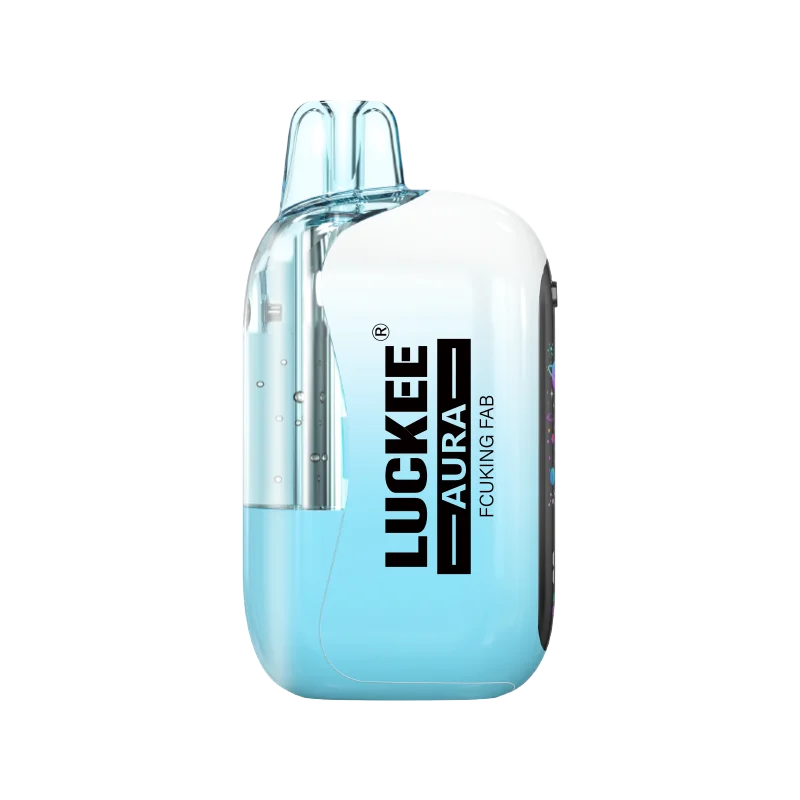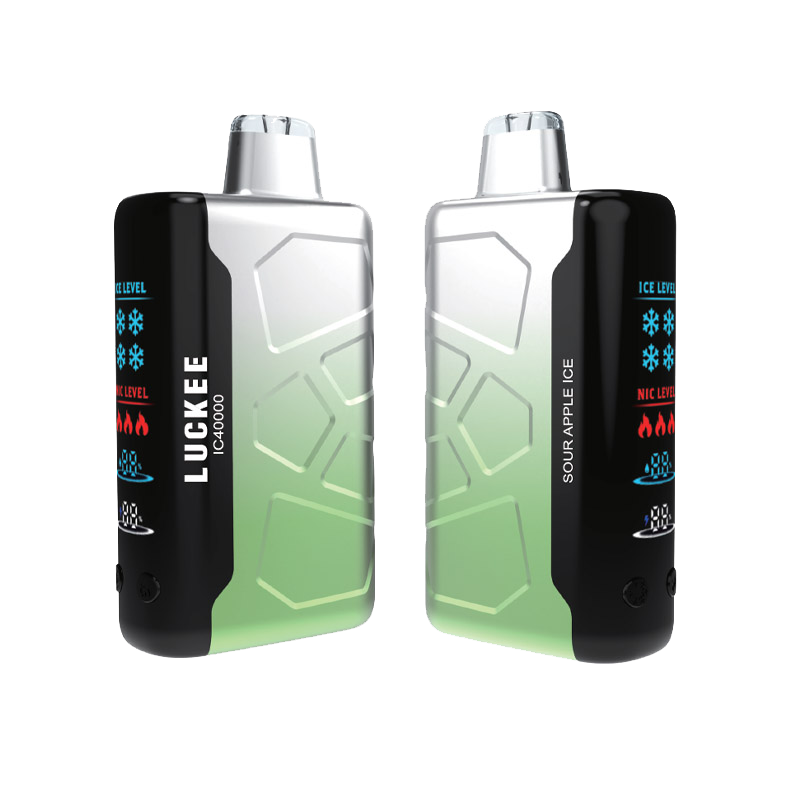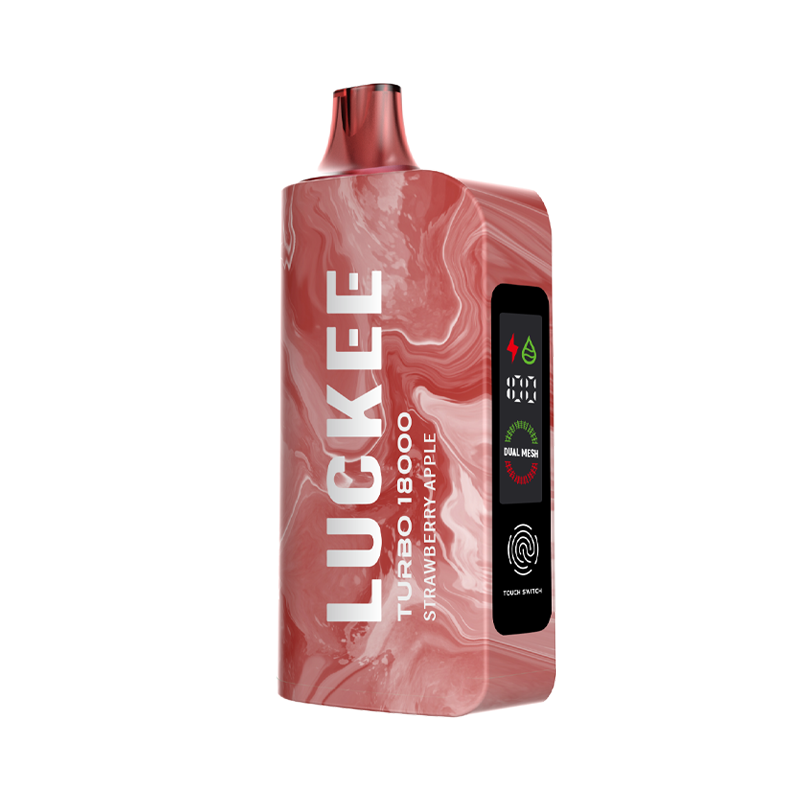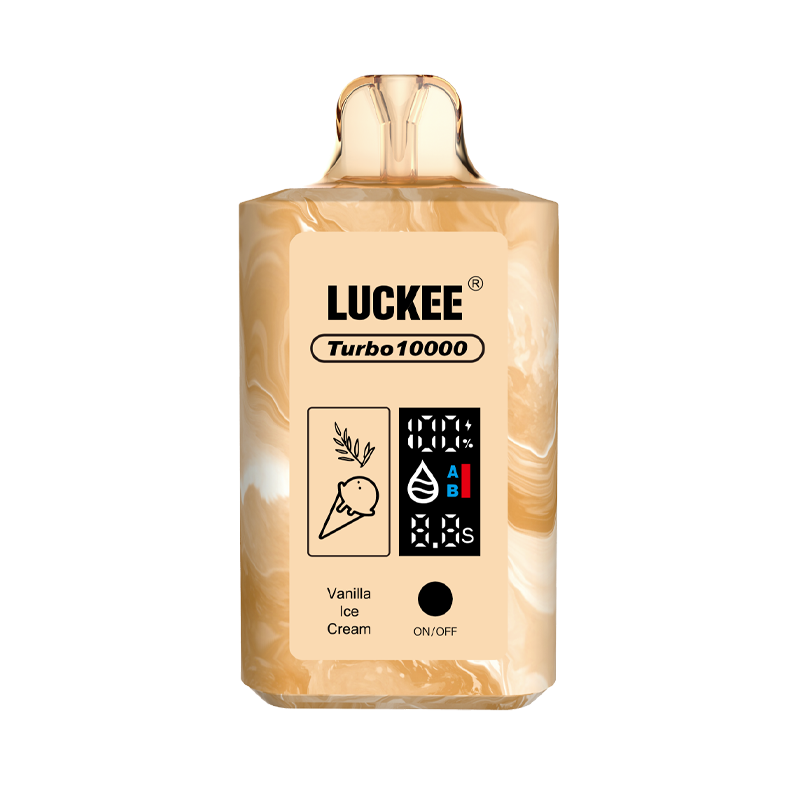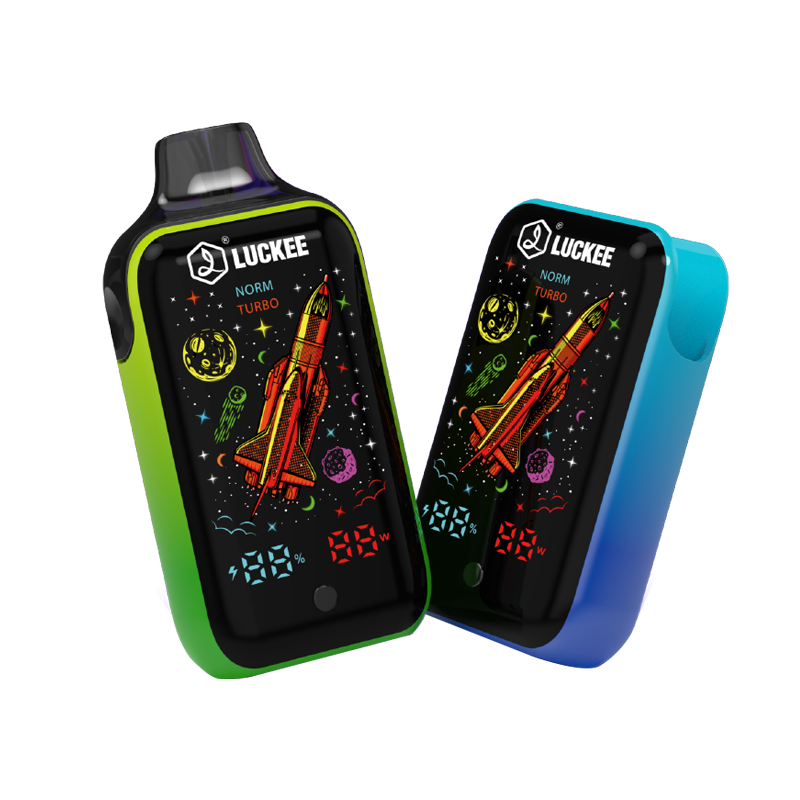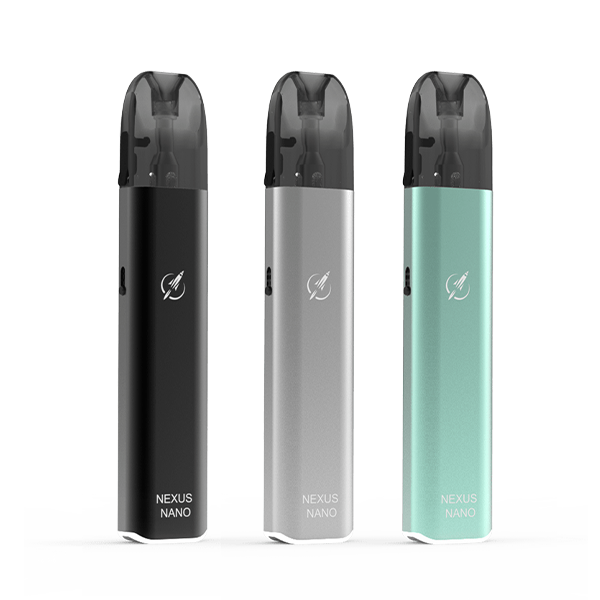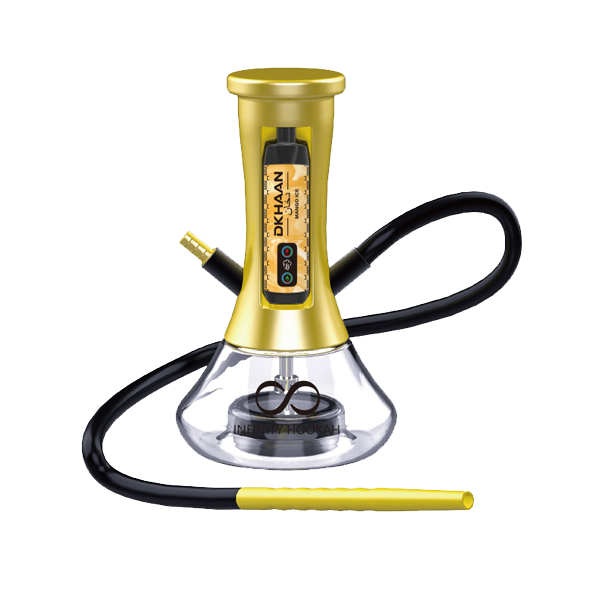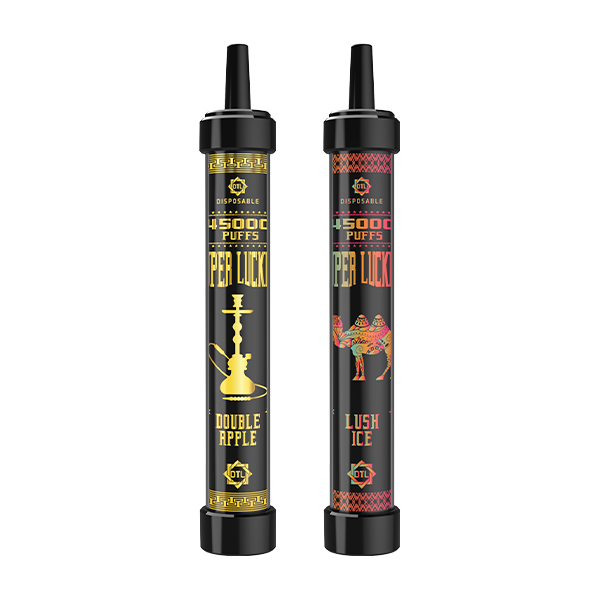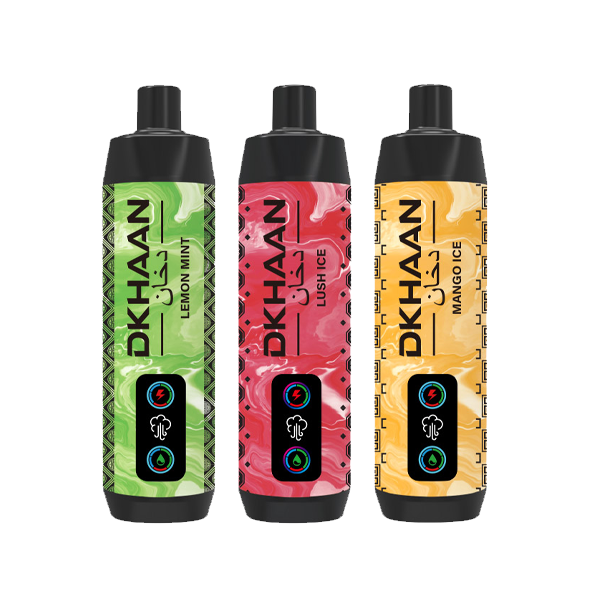Wisconsin Vape Law Triggers Lawsuit After Banning Most Products
A new vaping regulation in Wisconsin, which took effect on September 1st, has drastically altered the state’s vaping market, leaving store shelves empty, raising concerns about widespread business closures, and sparking a federal lawsuit from the local vape industry. The law, part of a comprehensive 2023 bill revising various regulations, essentially bans the sale of most popular vaping products by establishing a state-run list of “approved” items. While supporters argue the law aims to protect children from unregulated and potentially dangerous products, vape shop owners are challenging it, claiming it’s an unconstitutional overreach that benefits large tobacco companies while hurting small businesses and adult consumers looking for alternatives to smoking.
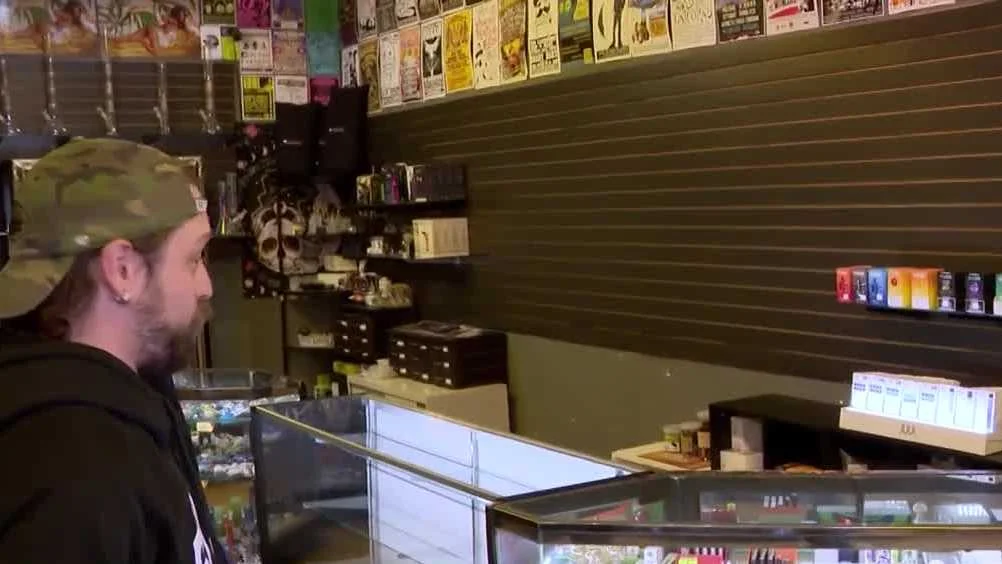
What Are the New Vape Restrictions in Wisconsin?
The law, inserted as an amendment in a broader 2023 alcohol and tobacco regulation bill, requires vape manufacturers to prove to the Wisconsin Department of Revenue that their products meet specific criteria tied to the U.S. Food and Drug Administration (FDA) process. To be legally sold in Wisconsin, a vaping product must:
-
Have received full FDA marketing authorization through the Premarket Tobacco Product Application (PMTA) process.
-
Have been on the market since before August 8, 2016, with a pending PMTA submitted to the FDA by September 9, 2020.
All compliant products are listed on a state directory, which the Department of Revenue (DOR) is required to update at least monthly. Manufacturers must pay a $500 annual fee per product to certify their items. Any product not on the approved list is illegal to sell. Retailers who continue to sell unlisted products after the enforcement date face fines of $1,000 per day for each illegal item.
The law includes a temporary exemption for vapes containing hemp-derived cannabinoids, which will need to be added to the directory by July 1, 2026, with enforcement starting in September of that year.
The Impact on Local Businesses and Consumers
Wisconsin’s vape shops have been hit hard. Since the FDA has only authorized a limited number of products – mostly tobacco and menthol-flavored devices from major tobacco companies like Juul, Vuse, and NJOY – the new law effectively bans the majority of products that were previously available. This includes most flavored e-liquids and popular disposable vape brands such as Geek Bar, Lost Mary, and RAZ, which the FDA considers illegal but are still widely sold.
Vape shop owners report that banned products made up a significant portion of their business. Destiny Scott, manager of Trolls Vape & Smoke in Fitchburg, estimated that these now-illegal items represented about 50% of her sales. “We’re going to lose a lot of revenue, many customers, and loyal patrons,” she said. Amber Crawford, owner of Faze’s Tobacco in Menomonie, stated that banned products accounted for around 70% of her income and up to 90% of her inventory, expressing fears of layoffs and possible store closures.
The Legal Challenge: Federal Authority and Market Fairness at Stake
In response to the law, the group Wisconsinites for Alternatives to Smoking & Tobacco filed a federal lawsuit in June to stop its enforcement. They claim the law is unconstitutional and creates a monopoly for large tobacco companies, which are among the few entities capable of navigating the FDA’s costly and complex PMTA process.
However, on September 5th, a federal judge ruled to allow the law to remain in effect, rejecting the group’s request for an injunction. Judge William Conley noted that the lawsuit had been filed with a significant delay – nearly 19 months after the law’s passage and only two months before enforcement was set to begin. The group is appealing this decision.
The Law’s Rationale and National Context
Supporters of the law, including the DOR and Republican lawmakers who proposed the amendment, argue that it is a necessary public safety measure. Former DOR Secretary Peter Barca testified that the amendment “enables DOR to improve public safety by establishing guidelines for businesses and consumers in the rapidly expanding vaping industry.” Governor Tony Evers’ administration has backed the law as a “measured approach” to regulating the growing market and protecting people from “unsafe, unregulated products that pose life-threatening risks.”
Wisconsin is one of at least 14 states that have enacted similar “PMTA registry” laws, with many more considering such measures. The legality of these laws is being challenged in courts nationwide, with varying outcomes.
In Iowa, a federal judge blocked most of a similar law from taking effect in May, ruling that it likely conflicted with federal authority. In Utah, a federal judge allowed enforcement of a similar ban to proceed in March after initially halting it during a lawsuit.
These contradictory rulings underscore the ongoing legal uncertainty over whether states can enforce FDA regulations in this manner. The central issue often revolves around whether these state laws are unconstitutional attempts to implement federal law or valid exercises of state public health powers.
Conclusion: A Future of Uncertainty for Vaping in Wisconsin
As of September 2025, Wisconsin’s vaping market is in turmoil. The new PMTA registry law has significantly reduced the availability of legal products, putting immense pressure on independent vape shops and limiting options for adult smokers who have turned to vaping. While the legal battle continues, retailers must comply with the law or face severe daily fines. The outcomes of this and similar lawsuits in other states will be crucial in shaping the future of the vaping industry, not just in Wisconsin, but across the United States.

